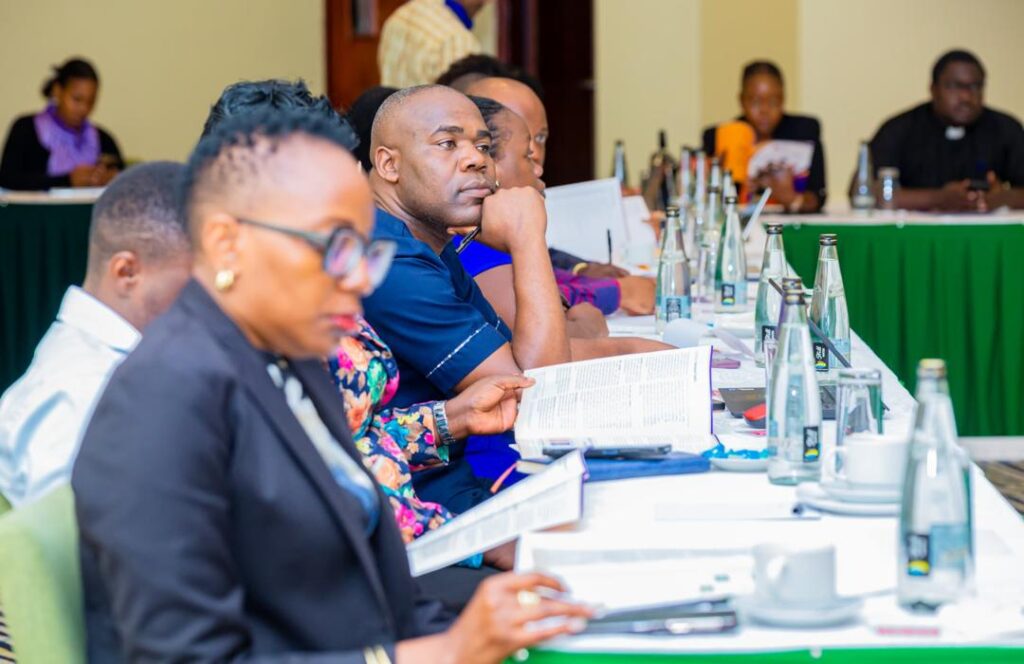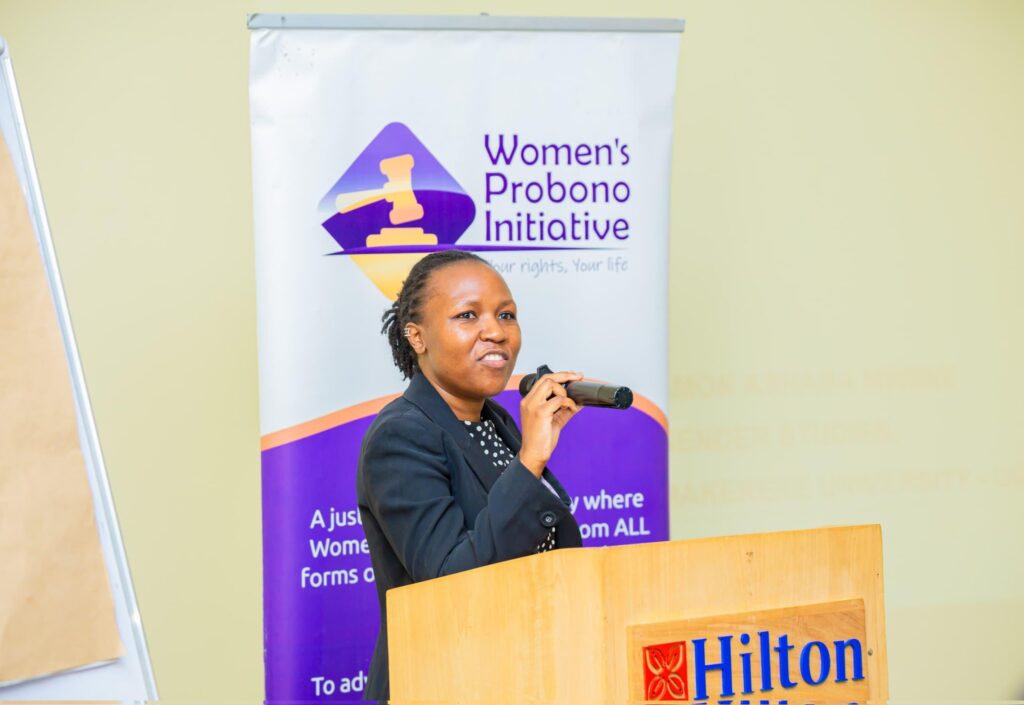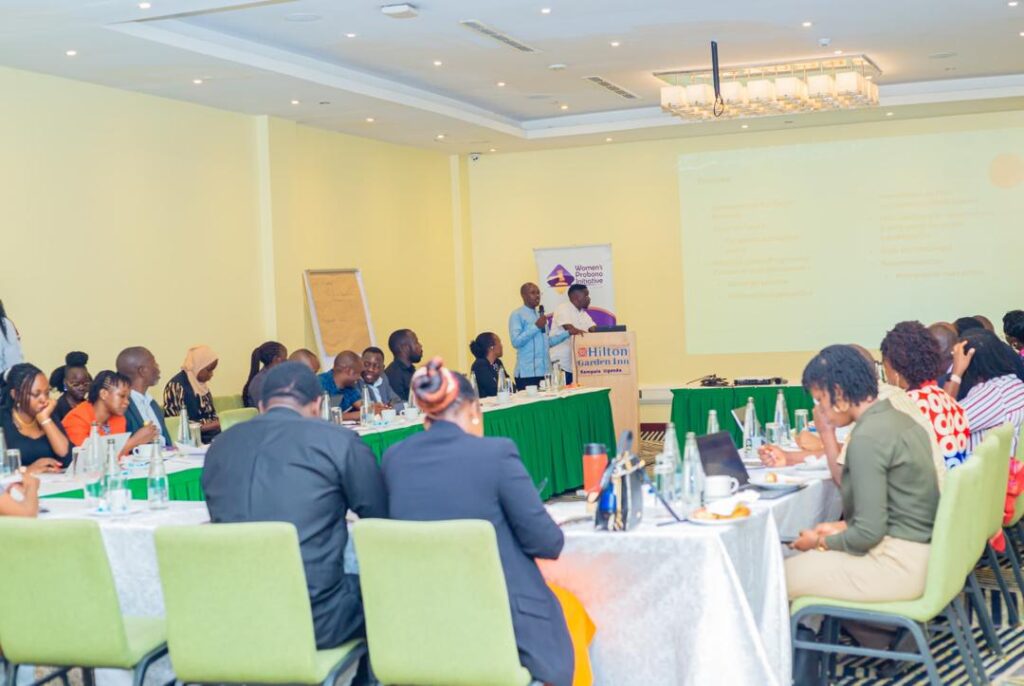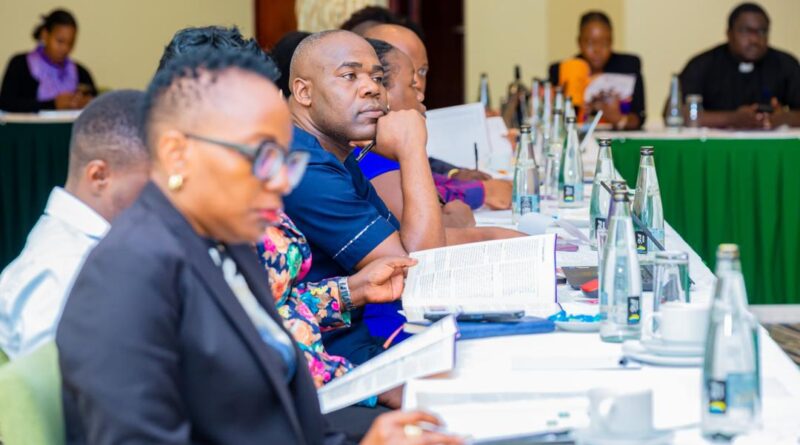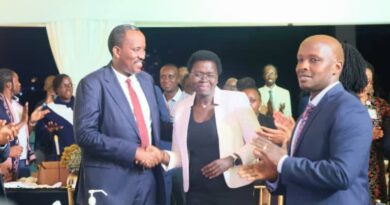Male Engagement in Sexual and Reproductive Health Rights Toolkit Launched in Uganda
Kampala, Uganda — The Women Probono Initiative (WPI) has launched a new Stakeholders’ Toolkit on Male Engagement in Sexual and Reproductive Health and Rights (SRHR), designed to encourage men to take a more active role in advancing gender equality and improving health outcomes nationwide.
Speaking at the launch, WPI Executive Director Rose Wakikona emphasized that gender equality cannot be achieved by women alone.
“As mothers, wives, sisters, and daughters, women live with men every day. We cannot talk about equality without bringing men on board,” she said.
The toolkit provides practical guidelines for policymakers, health workers, community leaders, and civil society organizations on involving men more meaningfully in family planning, parenting, and reproductive health decisions.
Wakikona noted that men’s contribution must go beyond financial support, urging them to engage physically, emotionally, and intellectually in raising children and supporting partners. She also cautioned against toxic masculinity and cultural resistance, clarifying that male engagement should not reverse women’s progress but rather foster shared responsibility in decisions about sex, pregnancy, and parenting.
“Men have sex. Men can get sexually transmitted infections. Men are fathers. SRHR is not just a woman’s issue—it affects everyone,” Wakikona stressed.
The toolkit also draws on global best practices, the history of male engagement in SRHR, and lessons on avoiding approaches that could reinforce male dominance under the guise of inclusion.
Uganda continues to face significant reproductive health challenges:
- Fertility rate: 5.2 children per woman (among the highest in Sub-Saharan Africa).
- Maternal mortality: 189 deaths per 100,000 live births.
- Teenage pregnancy: affecting 25% of girls aged 15–19, with rising rates in urban areas.
- Sex-related crimes: over 14,800 cases reported in 2023.
WPI hopes the toolkit will be widely used in schools, clinics, local governments, and households to spark important conversations and practical action.
“We cannot achieve gender equality if we leave men behind. This toolkit is our invitation for men to join the conversation, not to reclaim power, but to build balanced, equitable partnerships,” Wakikona concluded.
The resource is expected to serve as a valuable reference for policymakers, educators, healthcare providers, and community advocates working to transform Uganda’s SRHR landscape.
